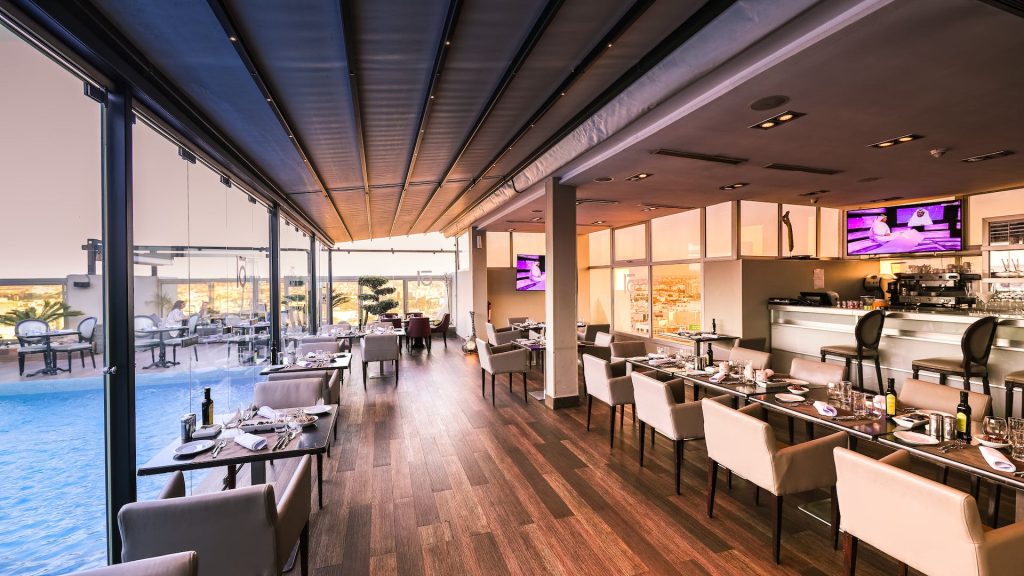
Automation is the driving factor behind the advancement of revenue management in the changing world of hospitality.
NB: This is an article from DynamEat
Today’s solutions excel at generating price choices and adjustments automatically by using advances in artificial intelligence and machine learning. This paradigm change enables restaurant venue managers to move their emphasis away from laboriously crunching data and putting statistics into spreadsheets and towards strategic approaches.
Subscribe to our weekly newsletter and stay up to date
The speed and complexity of pricing decisions, together with the unsurpassed financial results, represent a significant departure from just a few years ago, demonstrating the quick rate of technology advancement.
The incorporation of new data sources, such as POS, is critical in enabling more intelligent pricing choices. Modern revenue management solutions rely not just on historical data from a hotel’s property management system, but also on an array of market information and other data ranging from competitor rates to eating patterns. This connection allows for more precise demand forecasts, resulting in remarkable increases in restaurant revenue and profitability.
Predictably, next-generation AI-based revenue management for restaurants and hotels, such as DynamEat, has grown rapidly in acceptance. Its revenue management and optimization software may generate hundreds of daily decisions automatically. Large hotel chains claim spectacular income increases, while smaller businesses record significant improvements, with some reporting sales increases of more than 15%.
Interestingly, AI-based price selections might occasionally look aggressive, illogical, or unorthodox to revenue management. But even the most seasoned decision-makers admit to implementing AI-recommended pricing that they would not have considered previously.
AI-powered revenue management for restaurant venues relies around Dynamic Pricing, which takes into account numerous inputs such as seasonality, special events, and day-of-week changes in order to maximize occupancy at optimal prices.
When increasing profitability and preventing possible revenue loss are taken into account, the business case for investing in an AI-powered revenue management system becomes strong. An automated strategy not only reduces the risk of not maximizing occupancy but also protects against income loss.
There are advantages that go beyond money. DynamEat reports deliver competitive data and give useful insights into dining trends, guest demographics, market positioning, and channel profitability. Forecasts may be used by marketing departments to drive promotional expenditure decisions, while operations teams can optimize personnel based on predicted demand. In essence, the advantages extend well beyond revenue management, affecting all aspects of the organization.






